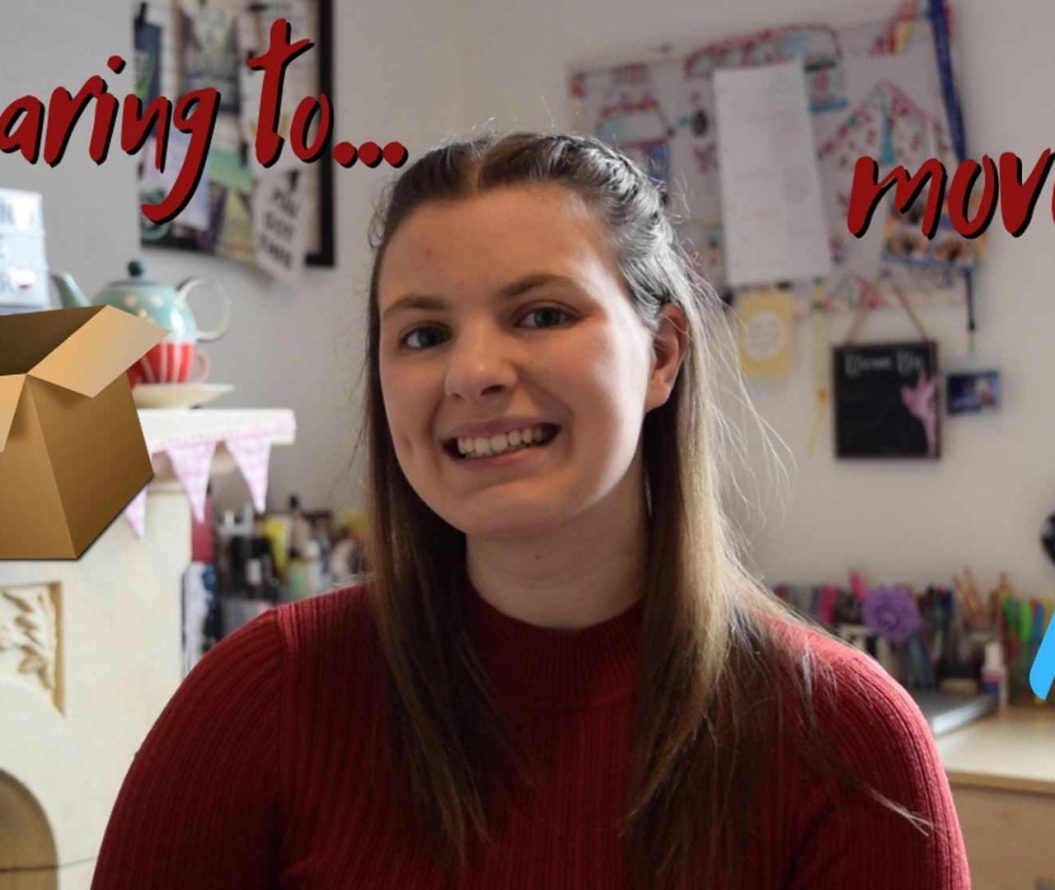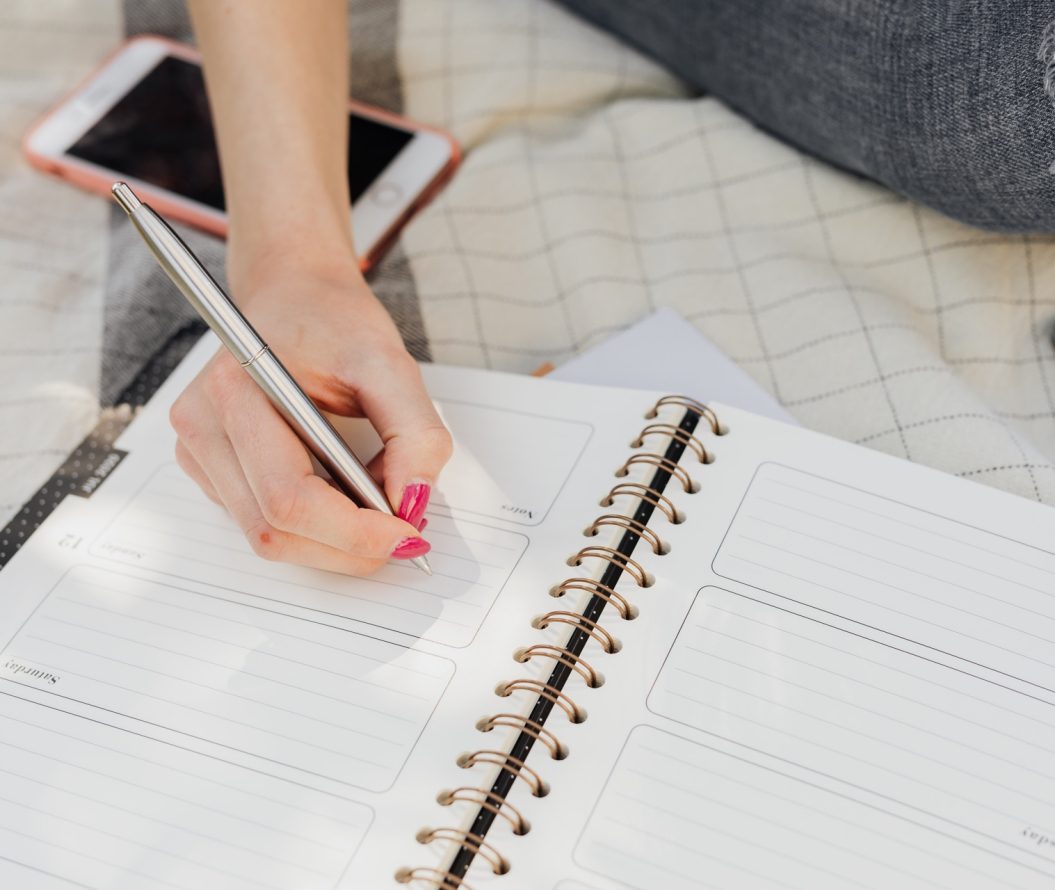
Three tips for work experience from a work placement enthusiast
I know what you’re thinking… No, most of the time they don’t get you to make cups of tea.
I’ve been quite lucky to have been offered many work experience placements over the years. After an enthusiastic careers advisor in secondary school stressed the importance of placements, I hunted down every opportunity I could so I could put it on my CV.
Amongst other things, I ended up working in Sky News’ newsroom, doing some jobs for a big, London-based PR company, and completing some tasks at the Department for Work and Pensions just after the Minister resigned. As you can imagine, things were rather hectic at the DWP at that time.
This brings me on to the first tip and point I want to make…
Tip 1: sometimes things will get busy
As a third-year journalism student, most of my placements have been in fast-paced newsrooms or press offices, where people are either rushing to report on or respond to breaking news. In those moments, it can be hard to get a person’s attention – especially when you’ve completed the task they’ve set you.
I’ve found ways which can help get you out of this awkward situation where it feels like everyone is manically working towards some important deadline, and you’re left twiddling your thumbs at your desk. Sure, your mentor might say when they’ll be back from that important meeting or it’ll be obvious when they’ve put the phone down, but if it’s not clear what you need to do next:
- Ask. Either go up to their desk and ask if there’s anything which you can help with, or alternatively, drop them a quick email if it looks like they’re busy.
- Browse their website/jobs page. Not only does this allow you to see if there are any vacancies available which you could apply for (especially if you’re a third year like me), but it can also help you to understand what sort of things the business is working on at the moment. It makes you more knowledgeable about the firm you’re at and if you have any questions about what you read – ask someone! You’ll come across as enthusiastic and eager to learn more about them.
- Ask a nearby colleague what they’re working on. Much like how checking their website can make you look keen, asking someone working next to you what they’re doing can also help build vital contacts or relationships which may help you later on in your placement, or even when you’ve left and are looking to contact people for jobs and advice.
The second tip is more administrative, but it’s worth it in the long run.
Tip 2: Keep a work experience diary, and if allowed, make copies of your work or take note of where it’s published
Both of these things are great for portfolios and to mention in job interviews (don’t forget to use the STAR method when you do!). Lastly, is a tip which was given to me by a good friend recently, and I’ve just realised how important it is.
Tip 3: Not all companies have work experience schemes
What I mean by that is that not all places have some fancy online application process. Last year, I decided to look into work experience with The i newspaper. I sent them an email and it wasn’t long before I was offered a week’s placement in their London office.
Sometimes you have to just ask, so what are you waiting for?
- Topics
- Work experience
- Work placement



